Gray•Duffy Obtains a Decisive Victory in Brain Injury Lawsuit
September 2009
Overview
Michael S. Eisenbaum achieved a significant defense result at trial in an assault and battery lawsuit where he convinced the jury to align their award of monetary damages to the actual harm suffered by the plaintiff. Plaintiff Todd Carroll sought damages of approximately $1.9 million as a result of alleged permanent brain damage sustained when he was attacked by a security guard at his apartment complex. Mr. Eisenbaum represented S&H Security, the security company which employed the guard. The jury awarded the plaintiff damages of $317,573.88. The co-defendant settled during trial for an amount greater than the verdict, potentially resulting in a net-zero judgment in favor of the security company.
Discussion
Todd Carroll v. Donald T. Sterling, et al.
Plaintiff, Todd Carroll was a tenant at an apartment building owned and managed by Donald Sterling. S&H Security was hired to provide an unarmed security guard at the building. On September 30, 2007, the security guard employed by S&H Security became involved in an argument with Todd Carroll, who is gay. The argument escalated, and the guard struck him in the head and face with his fists. Todd Carroll was allegedly knocked unconscious for a short period of time. The guard also yelled offensive, anti-homosexual remarks during the altercation. This all occurred while the guard was on duty and in uniform. The entire event was captured on the security video for the building. The security guard was charged and convicted of battery.
In February 2008, Todd Carroll filed his lawsuit in the Los Angeles Superior Court against Sterling and S&H, alleging assault and battery, civil rights violations, and negligence against the defendants, and claiming he was the victim of a hate crime. Numerous efforts were made to settle the case, but the plaintiff rejected all offers. The plaintiff continued to demand $1 million, which were the policy limits of S&H Security (although at mediation, plaintiff lowered his settlement demand to $800,000).
The case proceeded to a jury trial in downtown Los Angeles on July 14, 2009. The trial was bifurcated into liability and damages phases, and lasted approximately six and a half weeks. Plaintiff called several medical and psychological experts at trial, and also had a few friends testify on his behalf. Plaintiff presented past medical expenses of approximately $42,000, and claimed he suffered permanent brain damage, and has been unable to resume working as a waiter. Through the testimony of his experts in neurology and neuropsychology, plaintiff presented a brain MRI they claimed was abnormal, and exhaustive neuropsychological testing which established plaintiff had deficits in his high level cognitive functions. He also claimed multiple orthopedic injuries, and psychological injuries including post traumatic stress disorder, major depression and anxiety. He was so depressed that he allegedly attempted suicide in October 2008. He claimed he would require cognitive rehabilitation therapy at a cost of approximately $250,000, plus future psychotherapy and neurology treatments for his injuries, and that he would not be able to maintain employment in anything other than a basic low level job. He asked the jury to award him damages totaling approximately $1.9 million.
A liability finding was anticipated against S&H Security, therefore, Mr. Eisenbaum’s main focus was on the nature and amount of the plaintiff’s alleged injuries and damages. As the attorney for S&H Security, Mr. Eisenbaum presented the jury with expert testimony from a neurologist, an orthopedic surgeon, a neuropsychologist and a neuro-radiologist. The nature of the assault on the plaintiff indicated that the plaintiff most likely did sustain a mild, traumatic brain injury (concussion), but there was no permanent brain damage. The defense of the case sought to establish that the plaintiff’s attorneys sent the plaintiff on an expedition of unnecessary and extensive medical treatment, and that his depression was primarily related to the stress of the litigation and seeing numerous doctors.
In the liability phase of trial, the jury, as anticipated, found that the guard was acting within the scope of his employment with S&H Security. The jury also found that the security guard was the agent of Donald Sterling. The jury apportioned liability as follows: 25% to S&H, 25% to the security guard, 35% to Sterling and 15% to the plaintiff. Near the completion of the plaintiff’s case in chief on damages, Donald Sterling settled with the plaintiff for a confidential amount. Mr. Eisenbaum, on behalf of S&H Security, again attempted to settle with the plaintiff. As no settlement was reached, the trial continued. Prior to closing arguments, the plaintiff was offered an additional $300,000 above the settlement by Sterling, which the plaintiff rejected.
On September 2, 2009, the jury returned a total verdict for the amount of $317,573.88. In discussions with the jurors, they did not believe that the plaintiff had a permanent brain injury and questioned whether the plaintiff really attempted suicide. Much of their award included past and future compensation for the plaintiff’s loss of earnings and his medical/psychological treatment expenses, but they felt that the plaintiff needed to take responsibility for moving forward and getting better.
S&H Security is entitled to a credit for the settlement by Sterling, which potentially reduces the net verdict against S&H to zero (pending court approval). The issue of whether plaintiff or defendant is entitled to costs as the prevailing party remains an issue to be decided by the court.
Please Note: This article is necessarily general in nature and is not a substitute for legal advice with respect to any particular case. Readers should consult with an attorney before taking any action affecting their interests.


